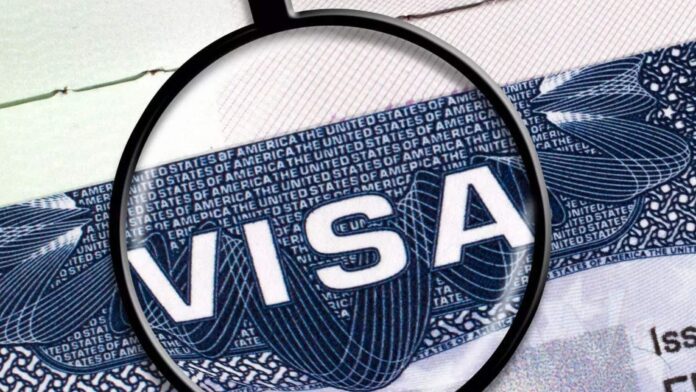As the world braces for the approaching new year, several countries are set to implement significant changes in their visa policies. These alterations range from curbing immigration to fostering economic growth through innovative approaches. Let’s delve into the diverse modifications expected in critical nations.
United Kingdom: Striking a Balance
The United Kingdom, a focal point for major international negotiations, is witnessing a surge in discussions surrounding stringent immigration policies. As the nation gears up for next year’s elections, the government aims to address the increasing immigration and visa-related concerns. Emphasizing the need to curb the influx of migrants, especially students seeking work opportunities, the British government has announced a series of changes.
To control the rising tide, the government unveiled plans to tighten immigration regulations, focusing on skilled worker and caregiver visas. The emphasis is on promoting skilled migration, discouraging low-skilled workers, and fostering local workforce growth. Notably, the British government has intended to implement comprehensive immigration reforms, targeting an annual reduction in immigration numbers.
Australia: Redefining Immigration Dynamics
Australia, known for its robust economy and quality of life, is poised to recalibrate its immigration landscape over the next two years. To reduce the annual immigration intake by 250,000 by June 2025, the Australian government is rolling out a series of measures. These include revising the skilled migration program, enhancing the points system, and redefining family visas.
This strategic move aligns with the government’s vision to manage population growth effectively and ensure that immigrants contribute significantly to the nation’s economic prosperity. The changes aim to balance welcoming skilled individuals who can fill critical job market gaps and ensure sustainable population growth.
United States: Innovative Initiatives to Retain Talent
A groundbreaking initiative has been introduced in the United States to retain foreign talent and prevent skilled workers from returning to their home countries. The program, initiated this month, allows skilled workers employed in the U.S. to extend their visas without returning to their home countries for three months. This move is expected to benefit approximately 20,000 individuals, addressing the challenges faced by foreign workers seeking to maintain their status without leaving the country.
Additionally, the U.S. is gearing up for its presidential election next year. While the competition for official positions intensifies, the government is actively exploring leveraging visa and immigration policies as a focal point in their electoral strategy. The administration aims to showcase its commitment to a robust economy and innovation by introducing measures that attract skilled workers and bolster the nation’s global standing.
Kuwait: Comprehensive Changes for All Entries
In an unprecedented move, Kuwait is set to implement a comprehensive overhaul of its entry visa system, affecting all types of entries. From medical staff and consultants to individuals with unique skill sets, everyone will experience changes aimed at streamlining the visa application and renewal processes. The Kuwaiti government’s decision to introduce a daily penalty of 1 KD (approximately $3.34) for individuals overstaying their visas is among the notable reforms.
Furthermore, Kuwait is actively evaluating a plan to facilitate the smooth entry of family visa holders, recognizing the importance of promoting family reunification. These changes are part of the government’s vision to enhance the ease of business and create an inviting environment for foreign nationals.
GCC Unified Visa: A Milestone in Gulf Cooperation
In a groundbreaking development, the Gulf Cooperation Council (GCC) has initiated implementing a unified visa system for all GCC countries. This novel approach, spearheaded by the GCC Cooperation Council, aims to create a streamlined visa process for all member nations. This initiative will boost tourism, business travel, and cultural exchange among GCC countries.
The GCC Unified Visa will grant entry to all GCC member states with a single visa, simplifying travel logistics for individuals and businesses. This move reflects a commitment to fostering closer ties among the Gulf nations and promoting the region as a cohesive and attractive destination for tourists and investors.
Conclusion
As we anticipate the dawn of a new year, the global changes in visa policies underscore the evolving landscape of immigration and international relations. Nations are strategically aligning their visa programs with economic objectives, talent retention, and national security considerations. These policy shifts, while diverse, collectively shape the global immigration narrative. The coming year promises a dynamic and transformative era in visa policies, influencing the movement of individuals and the global geopolitical landscape.





